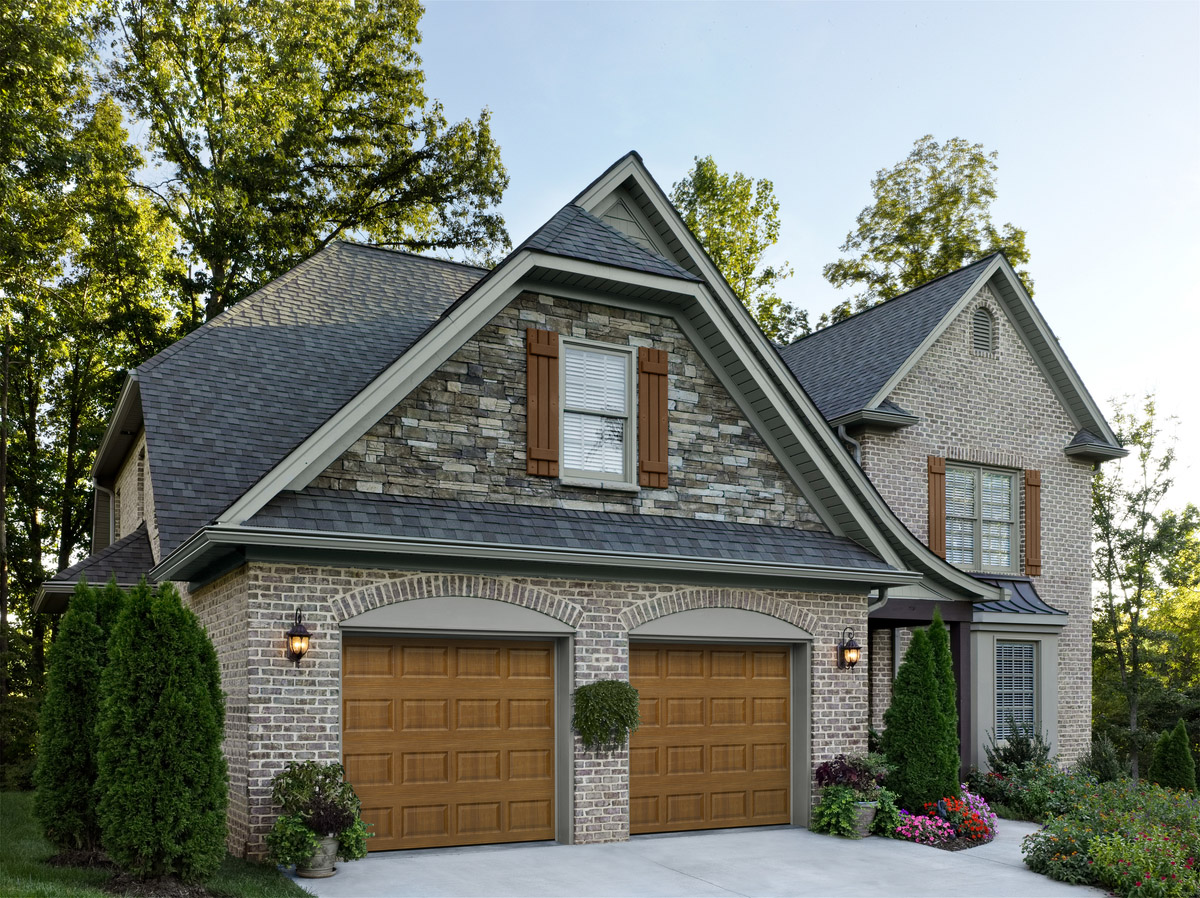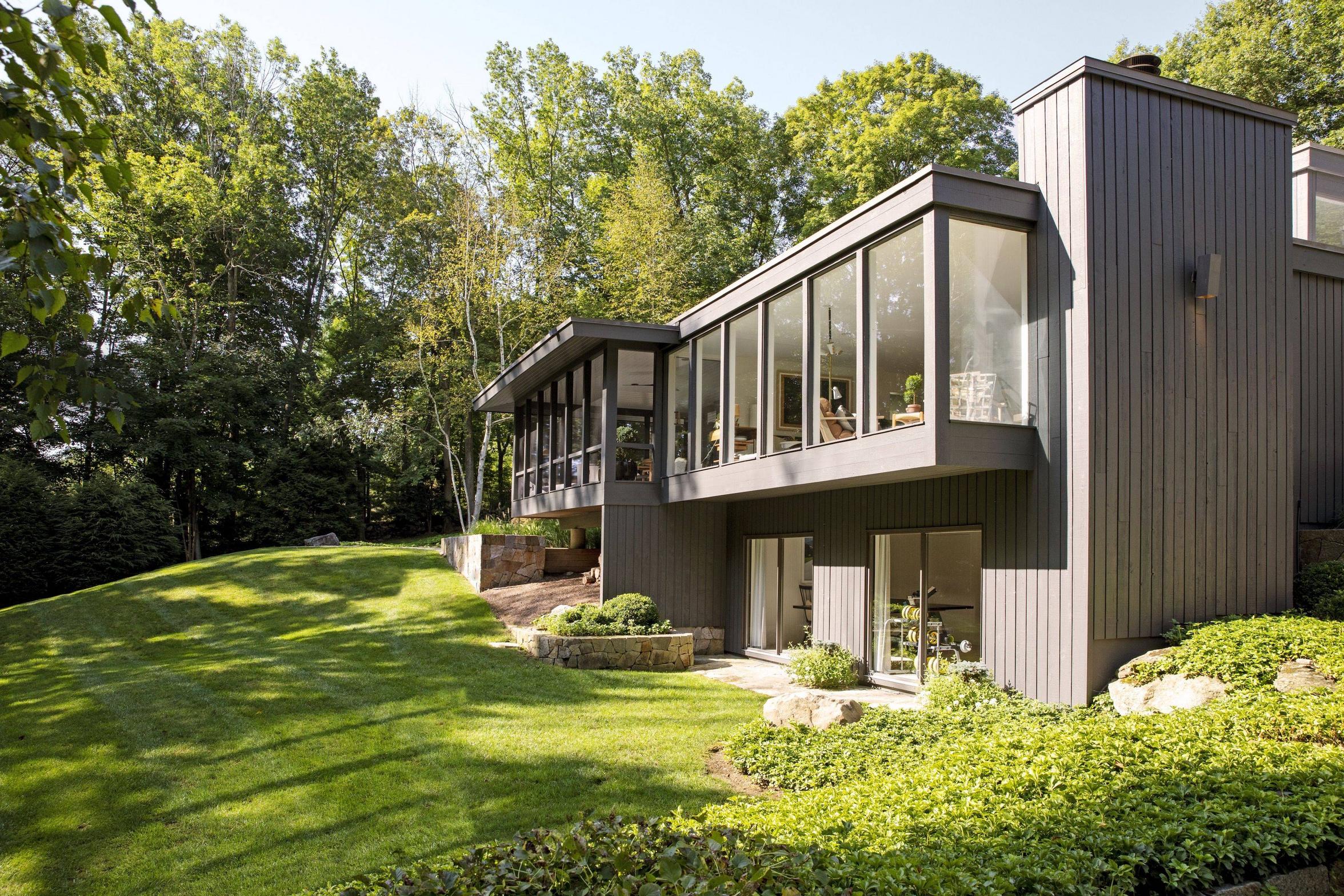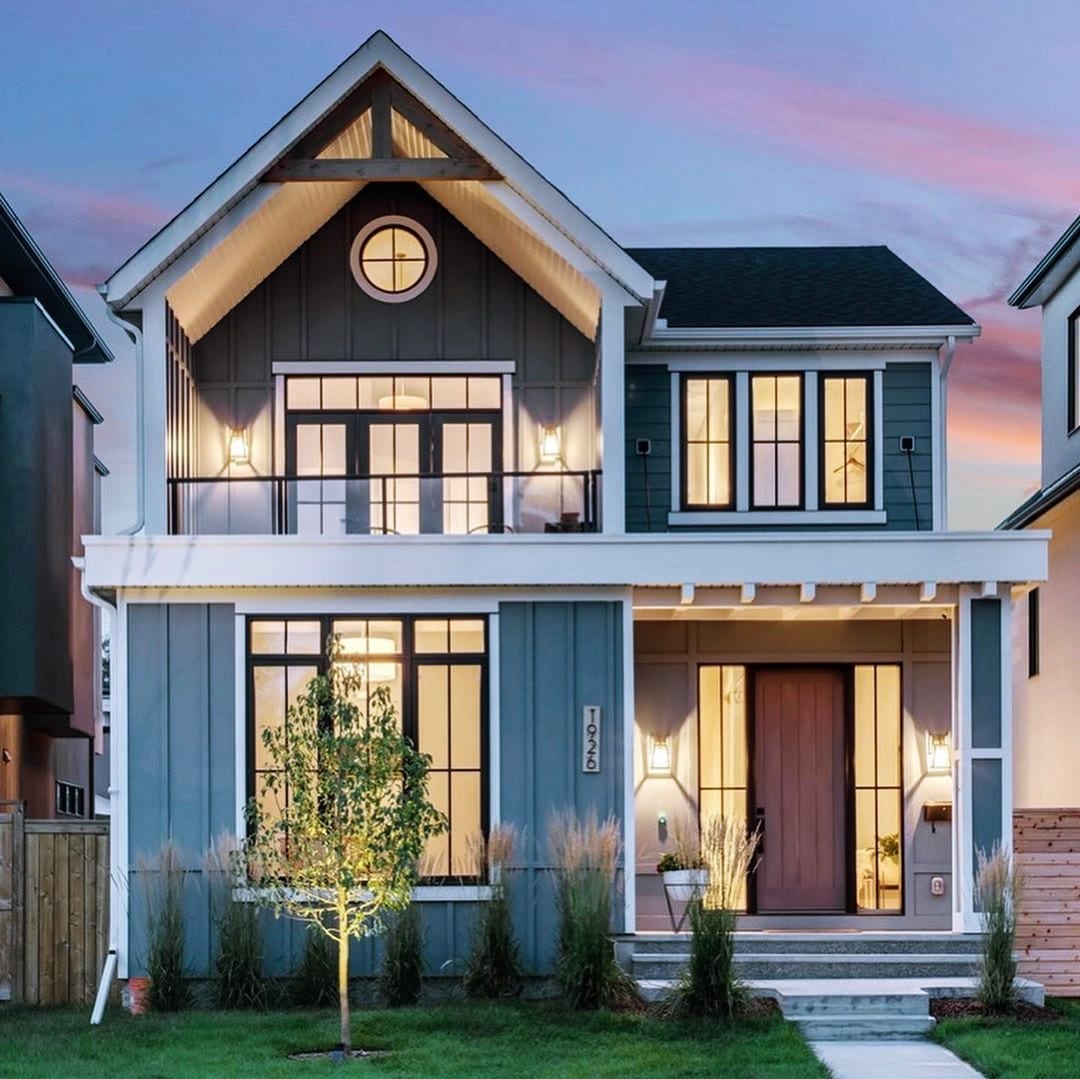
Costs for painting a house vary depending upon the home's size, design, and location. Painting a small space can cost as low as $50. Painting a living area can cost as high as $2,000. Painting a kitchen can cost a fortune, especially if it's large.
A bedroom could cost from $375 to $950. A professional painting team usually charges between $20 and $50 per hour, plus materials. You can expect to spend between $500 and $1,400 if you do the job yourself.
There are many choices when it comes to the type of paint you choose. Oil-based paints offer a smoother finish. Water-based colors are easier to work with and cheaper. For best results, make sure you choose paints that can withstand the conditions in your region.

You may need to do a lot of prep work and painting if you live in a multi-story house. It is possible that your contractor will need to replace damaged sheathing, or fix rot. You will also need additional tools and supplies if you plan to paint a texture wall. These hidden costs can add up quickly, so make sure you keep your eyes open for them.
Another important aspect is the number and type of coats needed. One gallon covers approximately 400 square yards, while two gallons covers around a thousand. Depending on how hard you work, you may need to use more than one coat. This will impact the cost of your final product. Paints with high-quality pigments and resins will last for longer. You'll need to buy more.
Other factors, such as the type of siding that you have, also play a role. Exterior paint is resistant to dirt, moisture, and ultraviolet light. Primer will ensure that the paint stays on for a long time. Primer will make your walls last longer and allow for better adhesion of your paint. Also, consider the size and height of your home. Larger homes will require more ladders or scaffolding.
Be sure to add the cost of additional supplies, such as brushes and drop cloths, when calculating your house-painting budget. Be sure to include the cost of moving furniture and repairing damage to the walls before you start.

Although the cost of painting a house can be quite steep, there are many ways to save money. Some of these tricks include moving furniture around, cleaning the room before you paint it and using the right primer. Now you can start shopping once you have a budget. Lowe's and Home Depot sell many of your tools, as well pressure washers. Ask for mobile quotes.
Finally, you can expect the average cost of painting a two-story home to be about 50% higher than a one-story house. This is due in part to the fact there are more rooms for painting on a two-story house.
FAQ
How long does it take to complete a home renovation?
It all depends on the project's size and how many hours you spend each week. An average homeowner will spend three to six hours a week on the project.
Do you prefer to do walls or floors first?
The best way of starting any project is to determine what you want. It is important to consider how you will use the space, who it will be used for and why. This will help decide if you want flooring or wallcoverings.
Flooring may be an option if you are planning to make an open kitchen/living room. Wall coverings are an option if you prefer to keep this space private.
What can I do to save money on my home's renovation?
By doing all the work yourself, you can save money. Consider reducing the number or people that you employ during renovations. Another option is to try to lower the cost of the materials you use in your renovations.
Can I renovate my whole house myself?
If you can do it yourself, why pay someone else when you could save money and time?
You may love DIY but there will come a time when you can't do it all by yourself. You might not be able control many of the variables.
An example: If your house is older than you think, it might be that the wiring is unsafe. You will need an electrician to inspect and make sure that your system is reliable and safe.
Also, you should consider that some structural damage may not be possible during renovations.
Additionally, you may not have the right tools to complete the job. If you want to install a new kitchen faucet, you will need a plumber's serpent, which is a tool that clears clogged pipes.
You will also need a licensed plumber to work on your plumbing project.
You need to be able to do the job before you take on any large tasks.
Ask your friends and family for help if you're unsure if the job is possible.
They can advise you on the steps you should take and where to look for further information.
Do I need an architect or builder to help me?
It might be easier to have someone else do the work if you're planning on renovating your own house. If you're looking to purchase a home, an architect or builder can help you achieve your goals.
Are there permits needed to renovate my house
Yes. Permits will be required for any home-improvement project. In most cases you will need to have a building permit along with a plumber's permit. A zoning permit may be required depending on what type of construction you are doing.
Statistics
- Design-builders may ask for a down payment of up to 25% or 33% of the job cost, says the NARI. (kiplinger.com)
- They'll usually lend up to 90% of your home's "as-completed" value, but no more than $424,100 in most locales or $636,150 in high-cost areas. (kiplinger.com)
- The average fixed rate for a home-equity loan was recently 5.27%, and the average variable rate for a HELOC was 5.49%, according to Bankrate.com. (kiplinger.com)
- ‘The potential added value of a loft conversion, which could create an extra bedroom and ensuite, could be as much as 20 per cent and 15 per cent for a garage conversion.' (realhomes.com)
- Rather, allot 10% to 15% for a contingency fund to pay for unexpected construction issues. (kiplinger.com)
External Links
How To
How to Renovate an An Old House
Let's start by deciding what type of renovations you would like to undertake. This could be anything from updating your kitchen appliances to completely renovating the house.
After you've determined the type of renovation you want, you should consider how much money you can spend. You might find that you don't actually have enough funds to cover the full cost of the entire project. If this happens, you might need to make difficult decisions about which areas in your home you can afford to upgrade and which ones to keep the current budget.
You need to be sure that before you do any renovations you are aware of the following things. The most important thing is to ensure that you get any permits required for the job. You should also check whether you require planning permission for certain types of work. For example, if you plan to add extensions to your home, you might need to apply for building consent.
It is a good idea to verify with the local council before you begin work on your house. Make sure you check whether each section of the house needs to be given planning permission. You might also need to check with your insurance provider if you are undertaking major work such as installing a roof.
The next step after obtaining all necessary permits is to pick the right materials and tools for the job. There are many options, so take the time to thoroughly research them. The most popular items used in renovation projects are paint, wallpaper paste and flooring.
Be sure to consider the product's quality when choosing these products. Good quality products will last longer and be more cost-effective. You should only buy what you need when purchasing anything. Don't purchase too much as it can lead to waste of resources and the need for a lot of material. Try to only buy what you actually need.
Finally, once you've chosen the right materials for the job, you need to figure out where you'll store them while you're working on the property. If you're remodeling a large portion of the house, you may need to rent storage space to store your materials until you're ready for them to be returned inside. Another option is to ask friends and family to help you move the items.